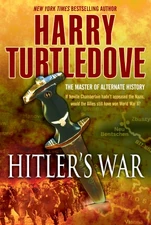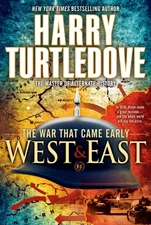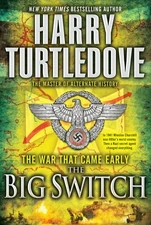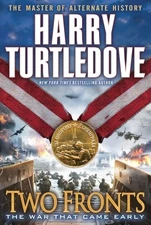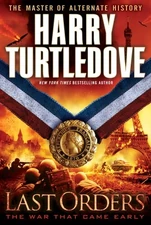| Battle of France | |||||||
|---|---|---|---|---|---|---|---|
| Part of World War II (The War That Came Early) | |||||||
|
|||||||
| Belligerents | |||||||
| Commanders and leaders | |||||||
The Battle of France was the first major offensive campaign launched in the beginning of World War II. After the defeat of Czechoslovakia, the Wehrmacht then shipped all available men and materiel to the borders of the Low Countries. Launching a blitzkrieg assault through the Low Countries, the Wehrmacht then stormed into Northern France with the intent on wheeling down behind Paris. However, this offensive was stopped, making it the second time in two life times that the German Army failed to take the French Capital.
Background[]
When Germany declared war on Czechoslovakia in 1938, she found herself not only at war with the small country, but with England and France as well. The situation was complicated even more when the Soviet Union declared war on Germany due to their treaty obligations with Czechoslovakia. Meaning that Germany would face a two front war, the Wehrmacht quickly shipped everything it had up to their North Western border for a winter offensive through the Low Countries in order to by pass the French Maginot.
The Campaign[]
Invasion of the Low Countries[]
The Battle of France began two weeks before Christmas 1938, one month after the defeat of Czechoslovakia. The German army launched an attack into the Netherlands, supported by paratroopers. On the fourth day of the invasion, the Luftwaffe launched a devastating raid behind the lines against the undefended city of Rotterdam. After this, the Dutch surrendered. The next phase of the battle saw another thrust through Belgium and Luxembourg. Like in Holland, the campaign in these two countries was brief, due to the small size of the Luxembourg Armed Forces, and the inability of the Belgian Army to put up a decent fight. Both countries were forced to surrender before the end of the year.
Invasion of France[]
As 1939 began, the Germans organized for their next thrust. A winter offensive through the Ardennes region and into France. While the defenses in this area were light, fighting through the wooded area's of the Ardennes proved rather slow going in the winter snow. Despite this, the Germans kept advancing, pushing deep into northern France, and wheeling north of the city of Paris with the intention of circling down from behind. However due to over stretching their own logistics, and constant losses, the German offensive was quickly running out of steam.
Allied Counter Attack[]
Although German troops managed to reach the suburbs of Paris, their unbeatable drive suffered it's first defeat at Laon. However, this battle would be overshadowed by the Allied counter attack just north of the city near Beauvais. Using tactics copied from the Germans, the counter attack was successful in not only stopping the German offensive, but forcing the Germans to retreat, saving France.
Aftermath[]
Even as Germany drove on Paris, the Soviet Union entered the war by invading Poland. Poland in turn asked Germany for aid, which had syphoned off a lot of materiel from their offensive in France. The failure to defeat France quickly during the opening year of the war meant that Germany would be faced with a prolonged two front war.
The Battle of France continued on through 1940. While the Allies were able to gradually push the Germans back, the glacial pace of the German retreat, coupled with Germany's successes in Denmark and Norway laid the foundation for the big switch of 1940, wherein Britain and France negotiated an alliance with Germany against the Soviet Union.
Thus the Battle of France ended on an inconclusive note.
| ||||||||||||||||||||||
